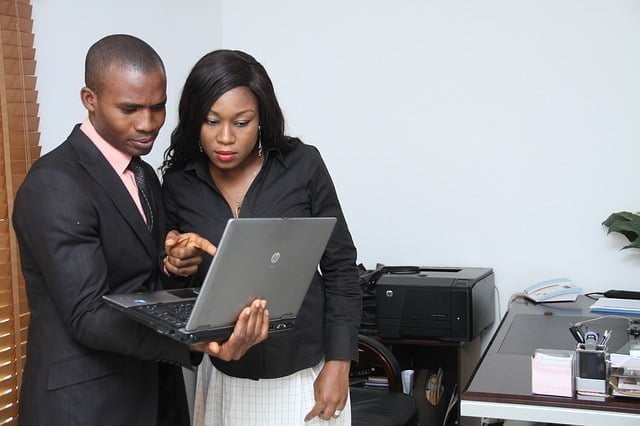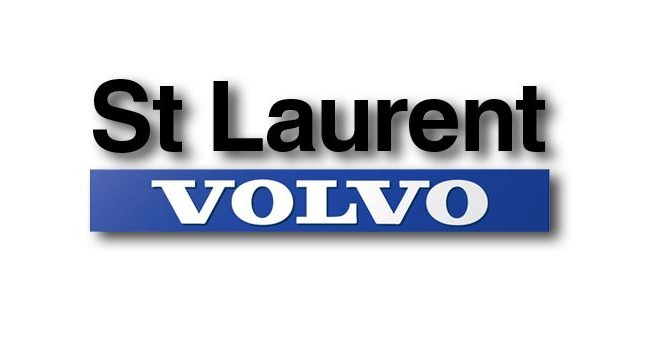BlackBerry’s Outlook Improves, Renewing Buyout Speculation

A rally in BlackBerry shares on an upbeat outlook for its software business has eased some of the short buying pressure on the stock and even renewed speculation about the possibility of a buyout.
But analysts say the company’s turnaround remains very much a work in progress despite growth catalysts, including a truck-tracking system dubbed Radar, suggesting BlackBerry needs to break even on hardware or exit the business before any advanced merger or acquisition discussions can take place.
Shares in the mobile-technology company — scheduled to announce second-quarter results on Sept. 28 — are up 22 per cent in the last three months and have gained nearly 5 per cent since Steven Li of Raymond James last week raised his rating to outperform from perform and lifted his target price to $10.50 (U.S.).
Li said the company has shifted its focus to a fast-growing, profitable and high-margin software business from money losing smartphone sales.
BlackBerry, however, launched the DTEK50 in late July, a $299 touchscreen-only Android device based on a design from Alcatel, but with what it calls BlackBerry-level security. The company is also rumoured to be planning another Android phone for release in late October or early November.
The challenge is whether the Waterloo company can convince enough corporate IT departments to buy volumes of the mid-range devices, said CCS Insight’s Nick McQuire.
But Li sees “only positives from here on” for BlackBerry, thanks to software sales gains and the removal of inventory and other balance sheet risks thanks to CEO John Chen’s decision to outsource hardware design and manufacturing.
“Now, think of the potential of licensing a ‘secured version’ to Android manufacturers and have their device enterprise ready,” Li said in a report to investors.
If the DTEK fails to perform in the market and BlackBerry cannot break even on hardware, Li said it will become a software-only company, which Wells Fargo analyst Maynard Um calls a positive thanks to “margin accretion.”
Um estimates fiscal 2017 revenue would decline to around $1.07 billion from $1.91 billion if the company were to shutter the business, but gross profit margin would increase to 79.5 per cent from 50.5 per cent.
That would equate to 2017 earnings per share of $0.27 versus the forecast, for a loss of 10 cents.
In the meantime, Li said there is “a lot to like” about BlackBerry, notably recurring software revenues of around 80 per cent and the company’s guidance for 30 per cent year-on-year software revenue growth.
“There are also a couple of near-term catalysts to boot,” he added, including the company’s move to buy back convertible debentures and its asset-tracking foray.
In March, BlackBerry unveiled Radar, a cloud-based technology that monitors the location of trailers and containers and delivers real time data to transportation managers via a secure, online portal accessible from mobile devices.
After BlackBerry’s most recent earning report, Chen called asset-tracking and connected cars a $6-billion market opportunity that’s growing at 20 per cent year over year.
And he said BlackBerry Radar offers advantages over competitors, including ease of use to allow the generation of more revenue per trailer and prevent theft.
BlackBerry conducted two “successful” proof-of-concept trials with corporate partners before the commercial launch that targets an initial market of North America, followed by Europe.
“Feedback’s been very strong,” Chen told analysts in June. “I don’t have the details of the entire pipeline, but it seems like that everything [coming] back has been very strong,” though he said BlackBerry has not factored Radar sales into 2017 earnings assumptions.
BlackBerry has faced years of declining revenue from hardware and legacy user fees and has been working to offset the drop with software sales and licensing deals.
In 2013, BlackBerry sought solicitations of interest for all or part of the company in the wake of the failed launch of its proprietary mobile operating system BB10 and reportedly entertained ultimately unsuccessful overtures from companies including China’s Xiaomi and Korean device-maker Samsung.
Chen said in June that BlackBerry is not currently seeking proposals but noted that he has a duty to consider any offer that would add to shareholder value. He has also said that Canada’s Liberal government may not take as hard a line of foreign buyouts of leading tech companies as did former PM Stephen Harper.
Analysts continue to see value in BlackBerry’s assets, including its patent of mobile technology, but Neil Mawston, executive director of mobile technology research firm Strategy Analytics, said potential outright buyers remain wary thanks to ongoing red ink and uncertainty over the future of the hardware unit.
BlackBerry, in its fiscal 2017 first quarter, posted a loss of $670 million on a worse-than-forecast annual revenue decline fuelled by a 14-per-cent drop in smartphone sales.








